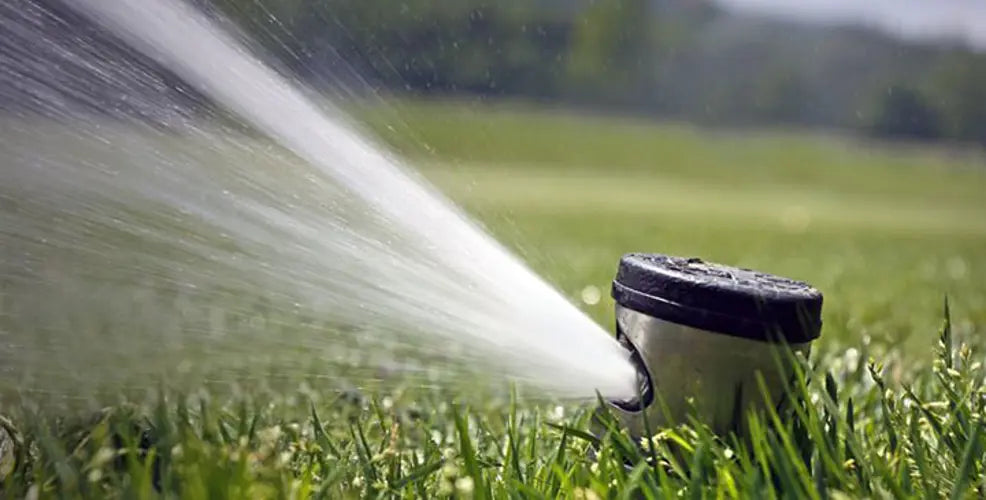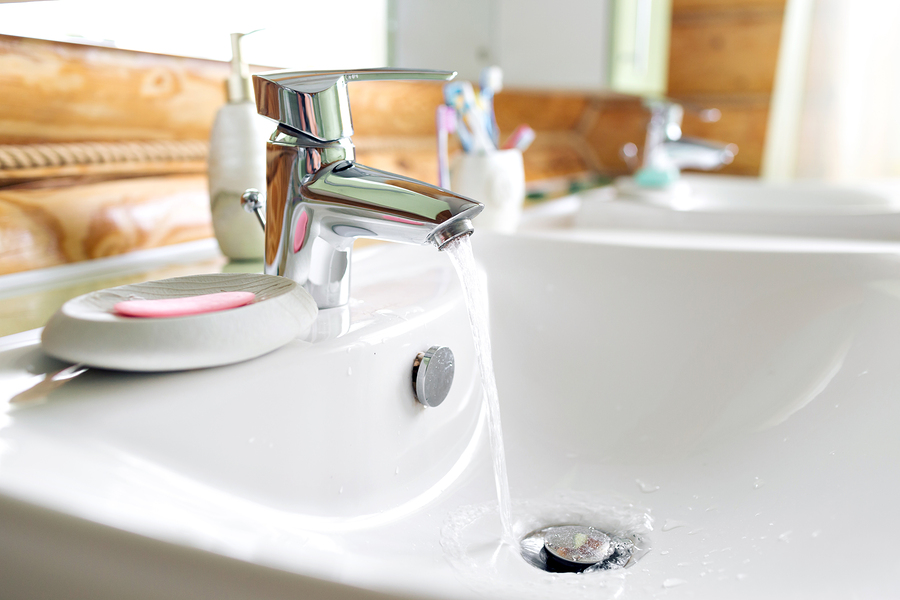
Saving Water in Everyday Life: A Tech Professional's Guide
Share
In today's fast-paced and tech-driven world, the responsibility of conserving our precious water resources often falls upon those who are at the forefront of innovation: tech professionals and tech enthusiasts. As the demand for water continues to rise, it's crucial to explore how technology can streamline saving water in everyday life, ensuring a sustainable future for all. This article delves into practical methods and innovative technologies that can revolutionize how we approach water conservation.

The Importance of Water Conservation
Before we dive into the technological solutions, it's essential to understand why water conservation is so critical. Water is a finite resource, and with the growing global population, the pressure on water systems is increasing. Furthermore, the effects of climate change exacerbate these challenges, leading to more frequent droughts and water shortages. By adopting effective water-saving strategies, we can mitigate these impacts and secure water availability for future generations.
Smart Home Water Management
One of the most effective ways to conserve water in your daily life is by implementing smart home technologies. These innovations allow you to monitor and control water usage with precision, minimizing waste and optimizing efficiency. For instance, smart irrigation systems can adjust watering schedules based on weather conditions, ensuring that your garden receives the right amount of water without unnecessary excess. You can learn more about smart home water management here.
Eco Water-Saving Devices
Incorporating eco water-saving devices into your home is another excellent way to reduce water consumption. These devices range from low-flow showerheads to dual-flush toilets, all designed to curtail water usage without compromising on performance. To explore more about these devices, check out eco water-saving devices.
Role of AI in Water Conservation
Artificial intelligence plays a pivotal role in modern water conservation efforts. AI-powered systems can analyze data from water meters and sensors to detect leaks, predict water usage patterns, and suggest optimal conservation strategies. By leveraging AI, you can make informed decisions that contribute to significant water savings. Discover more about the role of AI in water conservation.
Household Water Conservation Tips
Beyond technological solutions, adopting simple yet effective habits can significantly impact water conservation at home. For example, fixing leaks promptly, using a broom instead of a hose to clean driveways, and collecting rainwater for gardening are practical steps that require minimal effort but yield substantial results. For more tips, visit our household water conservation guide.
Importance of Rainwater Harvesting
Rainwater harvesting is an age-old practice that has gained renewed importance in today's context. By collecting and storing rainwater, you can reduce dependence on municipal water supplies and ensure a sustainable water source for various non-potable uses. Learn more about the importance of rainwater harvesting.
For additional information on conserving water at home, consider visiting external resources such as The Zebra or Hopkins MN.
Conclusion
As tech professionals and enthusiasts, you have the power to lead the charge in saving water in everyday life. By embracing innovative technologies and adopting mindful practices, we can collectively contribute to a more sustainable future. Remember, every drop counts, and with the right tools and mindset, we can make a significant impact on global water conservation efforts.

Frequently Asked Questions
How can technology help in saving water?
Technology aids water conservation through smart devices that monitor and control water usage, AI systems that detect leaks and predict consumption patterns, and eco-friendly innovations that reduce wastage.
What are some simple ways to conserve water at home?
Simple ways include fixing leaks, using water-efficient appliances, collecting rainwater, and being mindful of water usage habits, like turning off the tap while brushing teeth.
Why is rainwater harvesting important?
Rainwater harvesting reduces reliance on municipal water, provides a sustainable water source for non-potable uses, and helps in managing stormwater runoff effectively.
